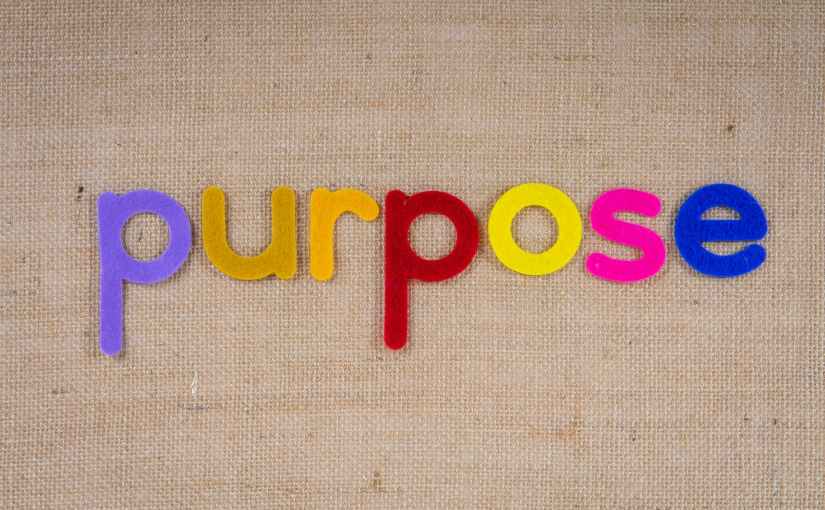The strange power of embracing hopelessness.
Many of us are trained, socialized and rewarded to push through in life. Don’t give up is the cry. Quitters never win and winners never quit. Your attitude determines your altitude. Keep going! Hope springs eternal, etc. So why I am advising you to give up in narcissistic relationships? Why do I say there is power in embracing hopelessness?
Because, to put it bluntly, the narcissist is not going to change. Accepting this can be hard, but it is truly the only way to your freedom. Which brings us to the power of hopelessness. The truth is, some things are hopeless. They just are. And when we cling to hope — as much as we are told that this is what we should do — it can be a strategy for avoiding the truth. Staring full in face of what is hopeless, when it truly is, is actually liberating.
There have been a few times in my life when the only way to move on was to admit that the situation was hopeless. I remember when I was 17 and losing my hair due to alopecia (if you don’t know me well, you may not know I have worn wigs for most of my adult life, and yes, aren’t they generally fabulous?). I kept saying to myself “It can’t get any worse.” And then it did. I’d lose more hair. And I’d say to myself “It’s going to grow back now.” And then it wouldn’t. My hair got thinner and thinner until it was basically gone within about 6 months.
I felt like my life was on hold as I simply couldn’t face what was happening. I dropped out of high school and isolated myself as I kept hoping, hoping, HOPING it would change. I wouldn’t talk about it, I pretended it wasn’t happening. And then at one point I realized I simply had to face the fact that my gorgeous thick reddish brown hair was NOT going to grow back any time soon. It was hopeless, and it as time to face this. My mom helped me get a wig, I enrolled in college, and I moved on. It was liberating. Granted, it was also sad, but I was no longer stuck and therefore could actually begin to heal.
The same was true of the narcissistic relationship that inspired this blog. Every part of me did NOT want to face that the truth about the person I had been sure I was spending the rest of my life with. The one who had told me I was his soul mate. My partner and co-owner of my house. I did not want to see him for the destructive force he was. And thus, like many targets of narcissistic abuse, I tried to turn myself into a pretzel to fit the situation and “hopefully” make things work.
But at some point, I had to face that he simply was not going to change, and as much as I didn’t want to see it, things were not getting better, as I had been telling myself. They were getting worse and worse, I was feeling less myself, and since the relationship was clearly not going to change, something else had to. I had to give up and move on, even though this meant facing a huge loss and disruption. The truth was, it was hopeless. Again, this was deeply sad and difficult, but also, liberating.
I want to add that the energy of hopelessness is best used sparingly. I’m not suggesting that we should no longer hope for anything. That we shouldn’t try and even keep trying. And yet, I have started to see that there are often times when the courageous thing to to is to say “you know what? This job, relationship, project, etc. is HOPELESS.” And face that bravely so that you can move on.
Hopelessness can be strangely liberating, because as long as we are hoping, we are saying, in effect, “this current situation isn’t it. There is something wrong and I am hoping it will get better or be different.” From one perspective, embracing hopelessness looks like giving up. But from another, it actually points us to unconditional love. To love what is in front of us right here, right now, giving up the need that it change. In this sense, accepting and embracing hopelessness can be a radical act.
—————————-
In the process of healing and need some support? Contact Ann for one-to-one coaching.
—————————-
ABOUT THE AUTHOR
Ann Betz is the co-founder of BEabove Leadership and an expert on the intersection of neuroscience, coaching, trauma and human transformation. She speaks, trains and coaches internationally, and writes about neuroscience and coaching as well as relational trauma. Ann is also a published poet who loves cats, rain in the desert, and healthy relationships. She nows sees hopelessness as a powerful partner, one that is incredibly useful at times.









